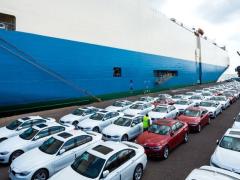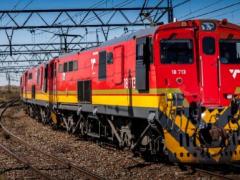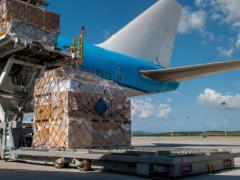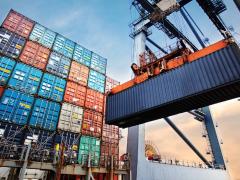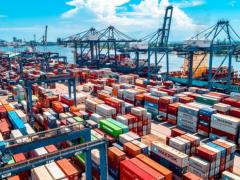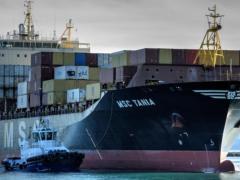Gas is expected to flow from the $20 billion TotalEnergies train in the troubled Cabo Delgado province by 2029. Situated on the Afungi peninsula in the Palma district, the project was paused in 2021 when TotalEnergies declared force majeure due to jihadist activities in the region. Plans to resume operations were made separately by Mozambican president Daniel Chapo and TotalEnergies chief executive officer Patick Pouyanne, according to news agencies. It is designed to produce 13 million metric tons a year of liquefied natural gas LNG, with the first phase being two processing trains (modular processing units). Chapo was speaking at the ceremonial signing of a project to build a second floating LNG platform, Coral North, by Italian energy group Eni and its partners. The joint venture partners include Eni (50%), China National Petroleum Company (20%), Korea Gas Corporation (10%), Mozambican state- owned national oil company ENH (10%), and ADNOC’s subsidiary XRG (10%). The new unit, identical to Coral South in the Rovuma Basin, will double Mozambique’s LNG output to more than seven million tons a year when it starts operations. “Coral North will more than double the benefits for the country – it is projected to generate $23bn in tax revenues, create even more jobs, increase national suppliers and assign $3bn in contracts to local companies,” Eni chief executive officer Claudio Descalzi said at the ceremony. The project was scheduled to start operations in 2028, he said. ExxonMobil, which has the concession to develop Area 4’s Rovuma LNG project, is expected to make a final decision in 2026. However, the company is active in the region, having invested in community programmes, workforce talent development, women empowerment initiatives and sports development. In August 2024, Area 4 officially entered the front-end engineering design (FEED) phase, which, according to ExxonMobil, will take around 16 months as “the last step before a final investment decision”. The Rovuma LNG Project will produce, liquefy and market natural gas from reservoirs of the Area 4 block of the offshore Rovuma Basin. It includes the construction of 12 modules with a total LNG capacity of 18 million tons annually, as well as associated onshore facilities. Mozambique’s Rovuma Basin in Cabo Delgado holds over 180 trillion cubic feet of offshore natural gas. ER

